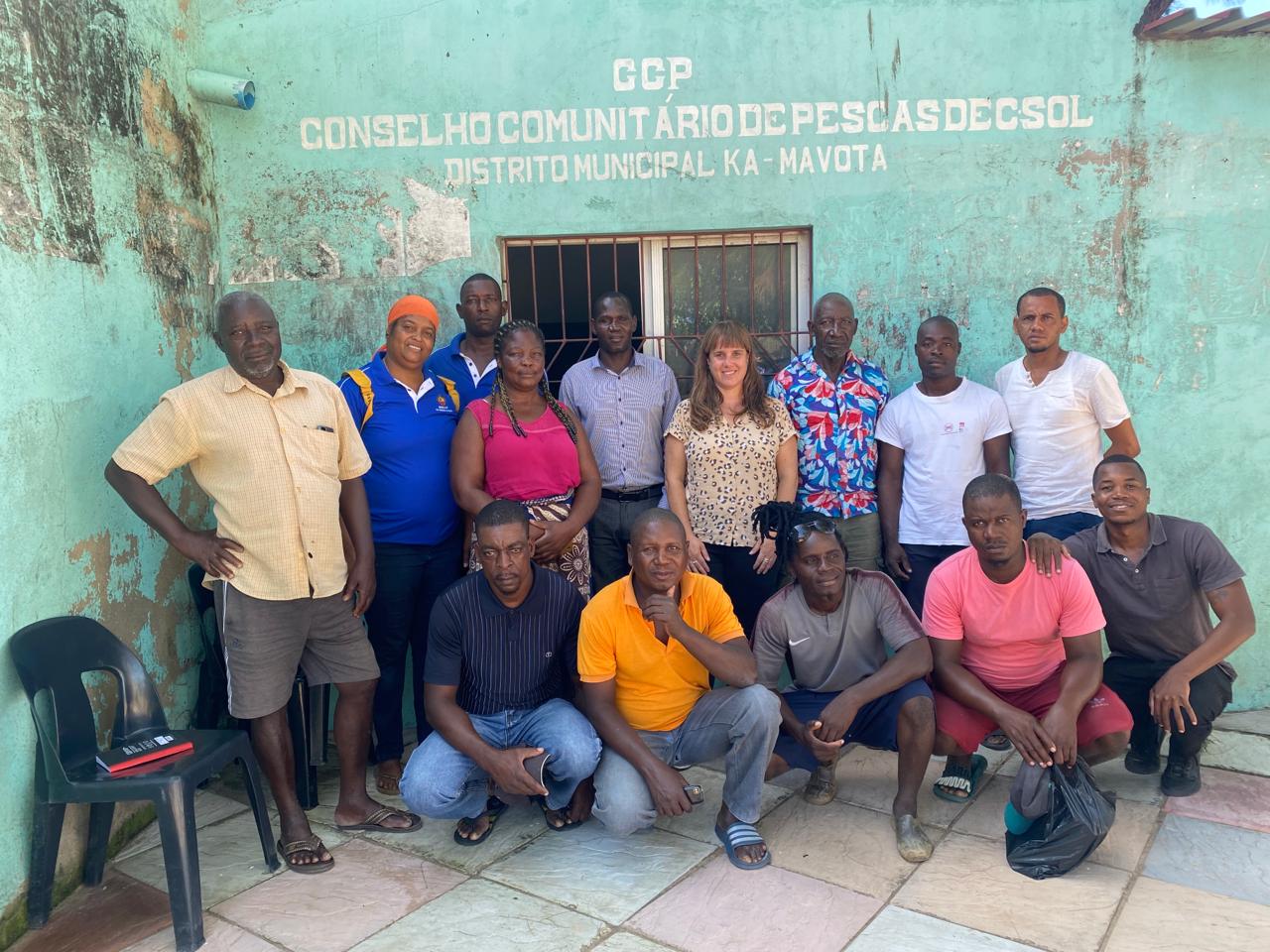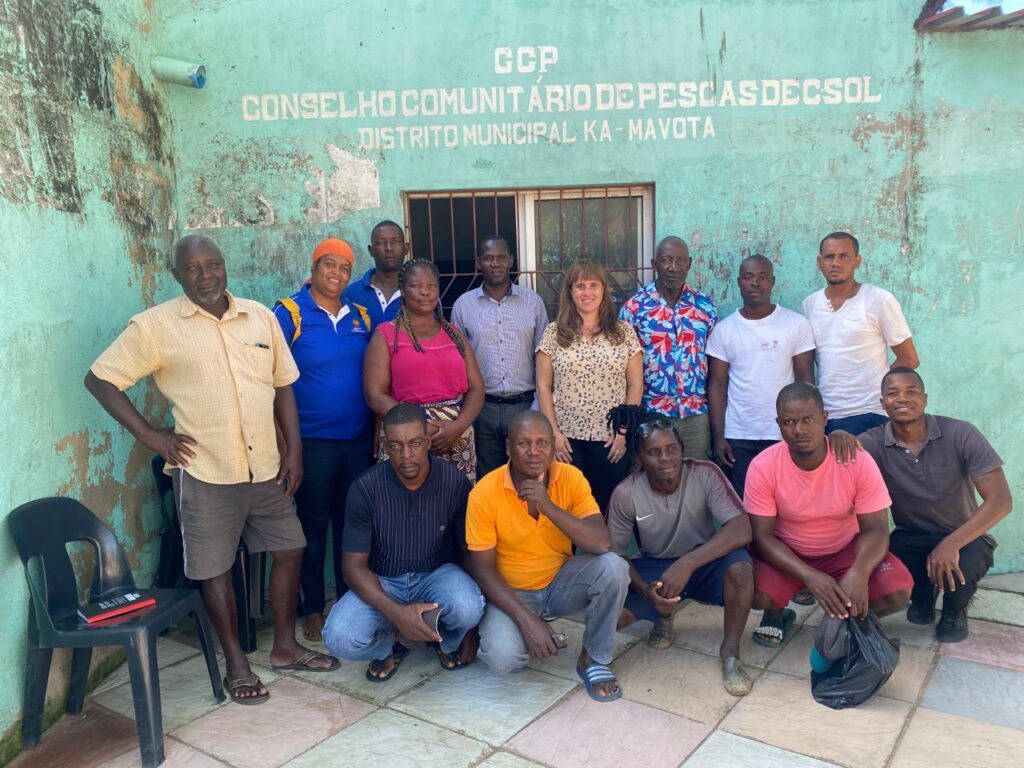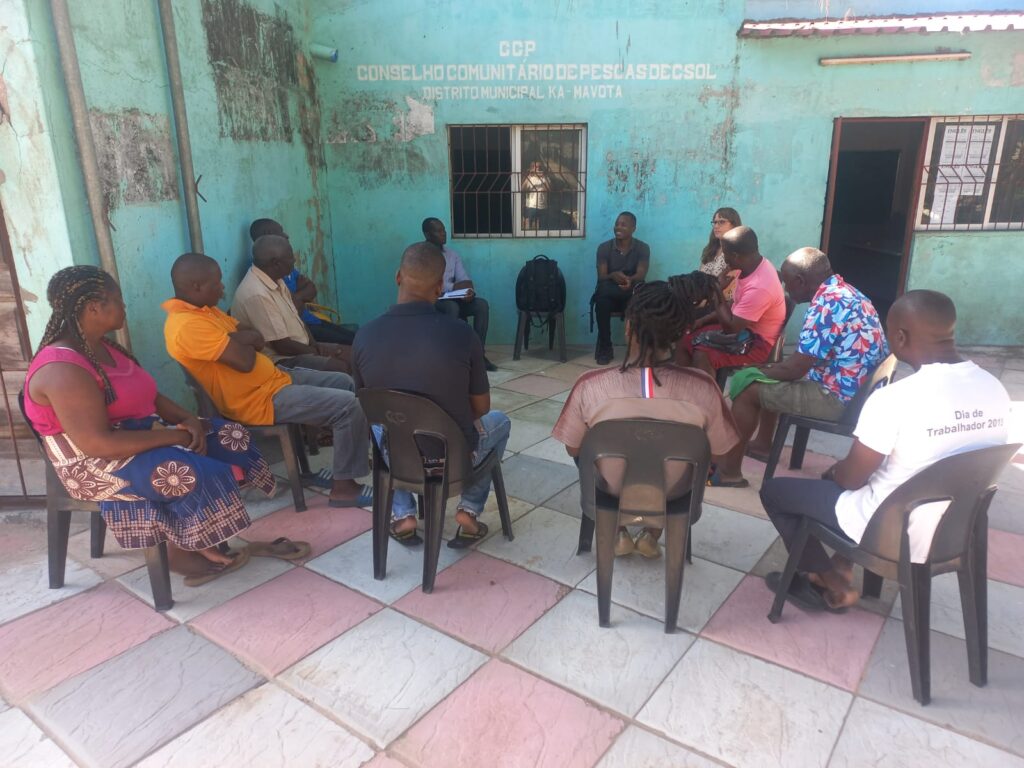FiTI promotes awareness of its Standard in Mozambique

Maputo, 3-4 April 2024. The FiTI International Secretariat recently participated in a World-Wide Fund for Nature (WWF) workshop in Mozambique to review national progress on fisheries transparency and discuss how implementation of the FiTI Standard can support existing transparency efforts in the country.
From 3-4 April 2024, the second edition of the Transparency Dialogue in the Fisheries Sector workshop brought together representatives from Mozambique’s national fishing authority, fishing associations, and civil society organizations to review progress on fisheries transparency efforts in small-scale and industrial fisheries, and to emphasise the advantages of joining the Fisheries Transparency Initiative (FiTI).
Since 2018, the Southern African Development Community (SADC) has underscored the importance of providing publicly accessible fisheries management information. Several member states, namely Seychelles and Madagascar, have recognized this and have sought to improve transparency and participation in their fisheries sector through the implementation of the FiTI Standard. This workshop sought to bring awareness of the initiative to stakeholders and authorities in Mozambique.
During the workshop, the FiTI International Secretariat presented on the FiTI Standard and the benefits of joining the initiative, including how FiTI supports countries to make information publicly available through collective action and multi-stakeholder engagement. Attendees had the opportunity to better understand transparency by exploring FiTI’s impact in countries like the Seychelles.
Attendees also had the chance to familiarize themselves with the transparency requirements of the FiTI Standard, the only internationally recognized framework defining what information national fishing authorities should publish online. Spanning 12 thematic areas, these requirements outline 39 specific types of fisheries information to publish online. Together, these standards give fisheries authorities a concrete roadmap to enhance fisheries transparency in Mozambique.
It was clear from the workshop that stakeholders in Mozambique recognize the benefits of publicly accessible fisheries information. The awareness developed at this workshop is critical for fostering interest in fisheries transparency. This dialogue represents an opportunity to improve multi-stakeholder collaboration and generate support for future implementation of the FiTI in Mozambique.
This mission was part of the activities of the FiTI Regional Coordinator for Lusophone Africa.



